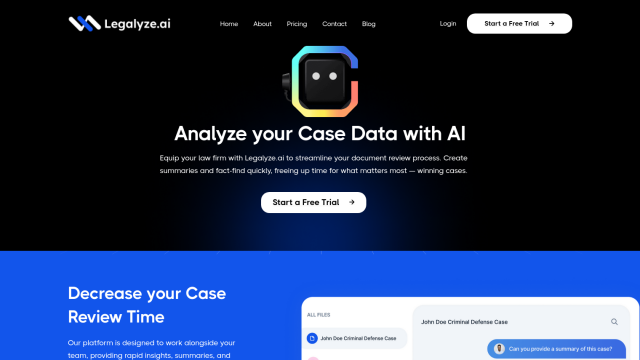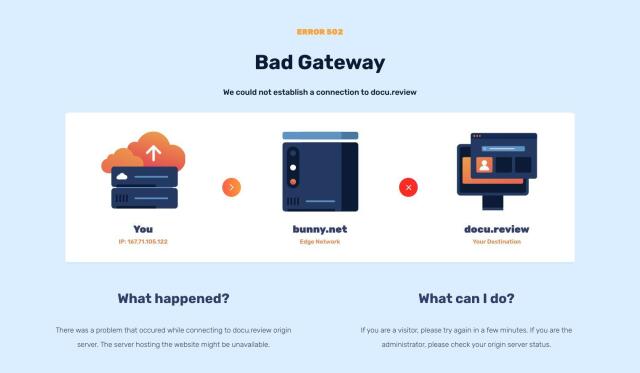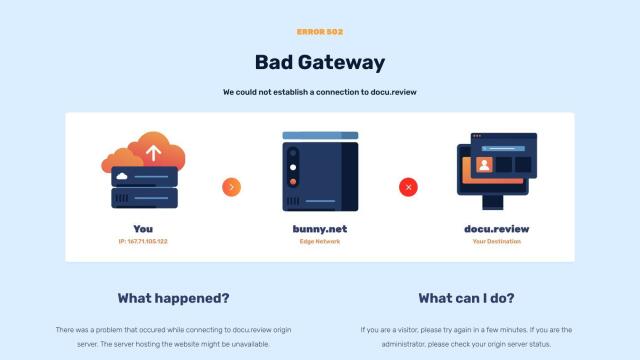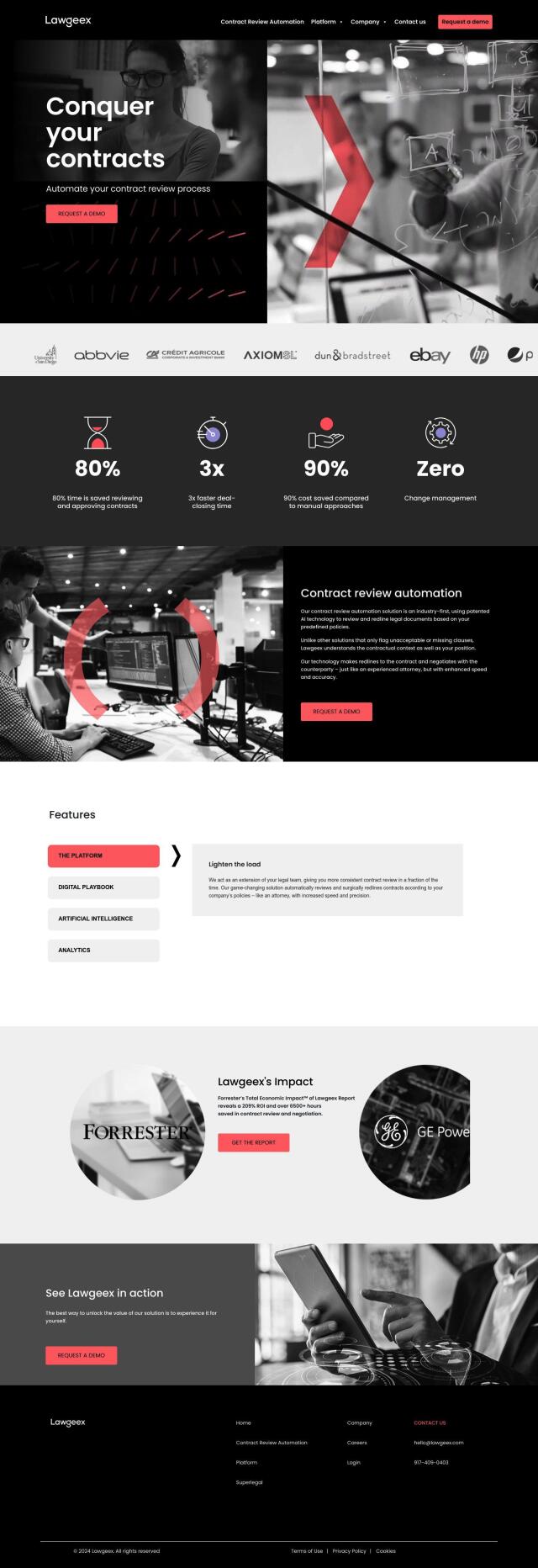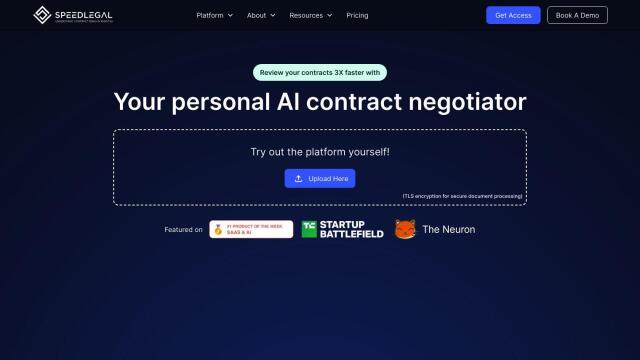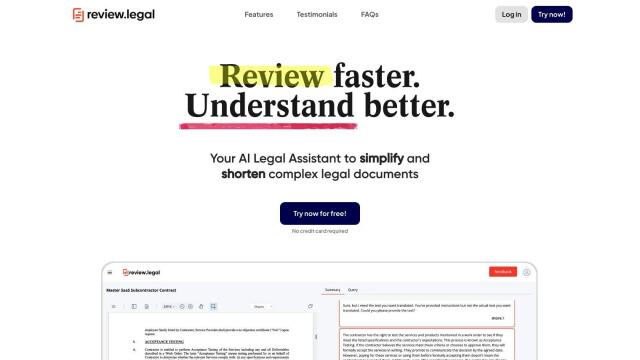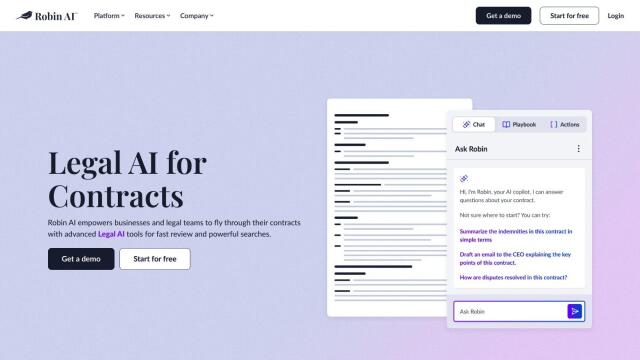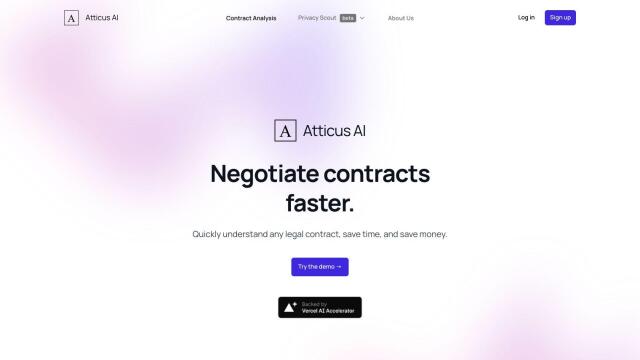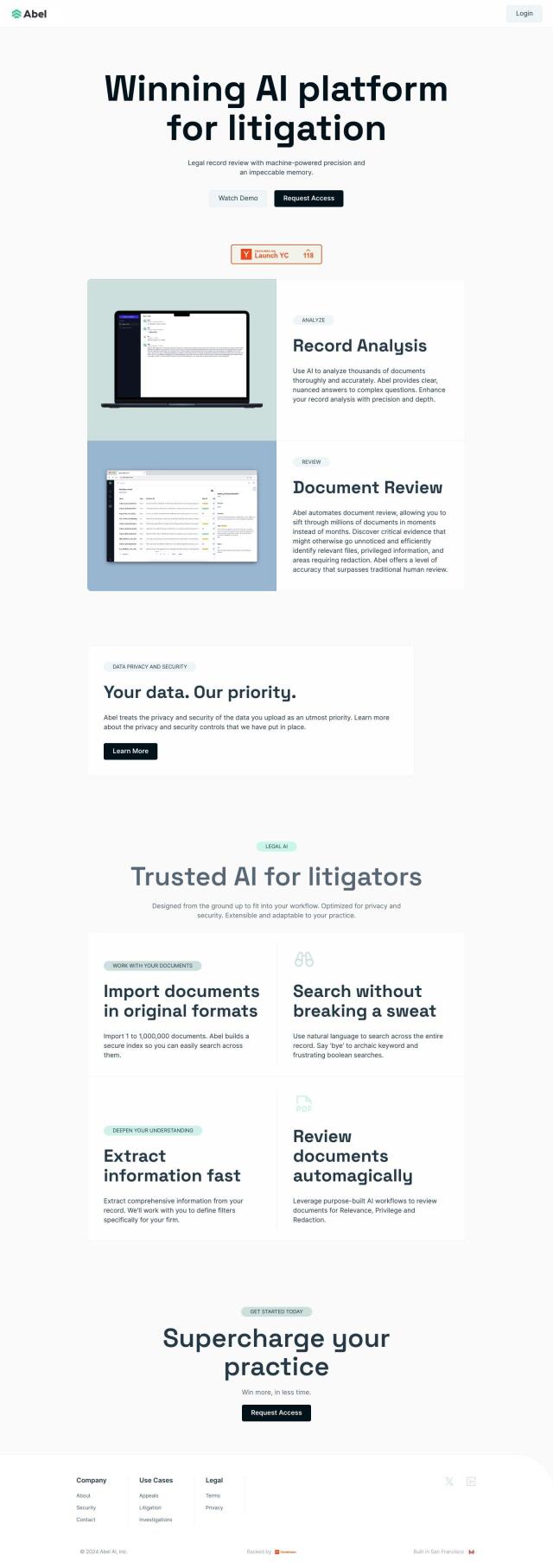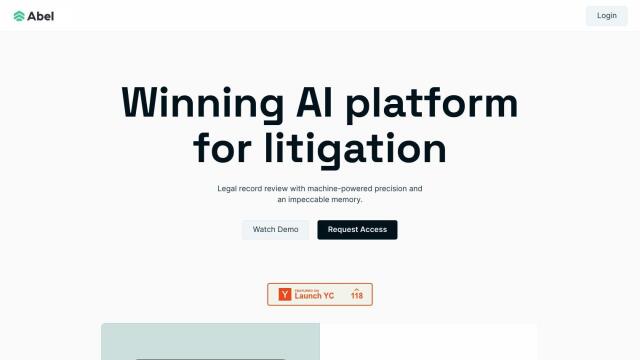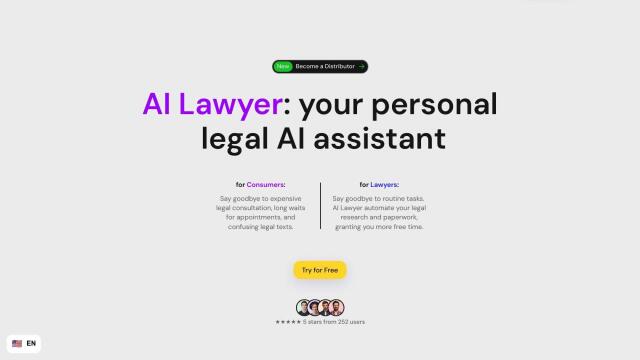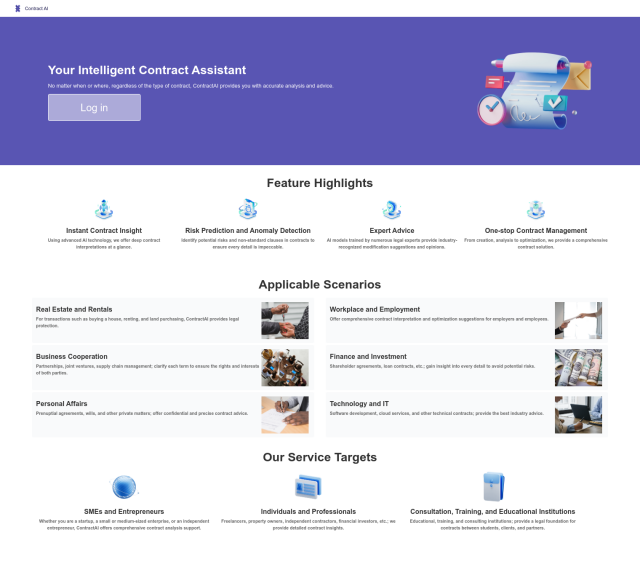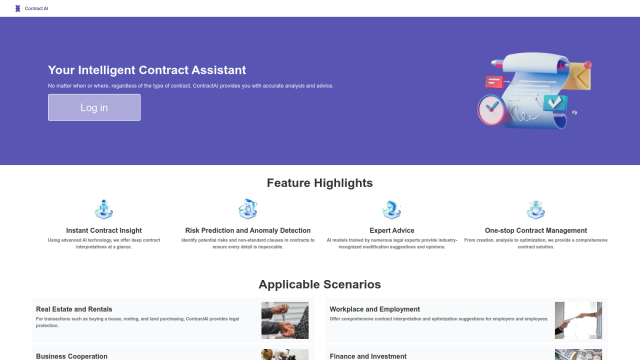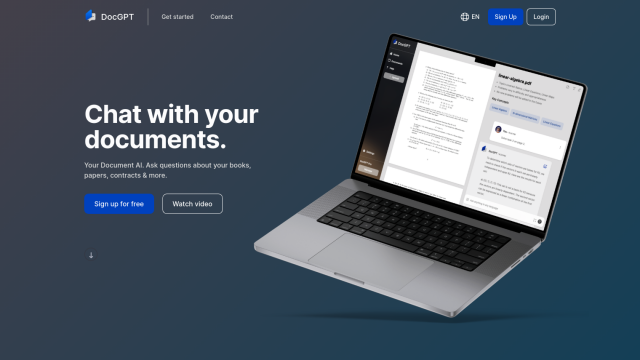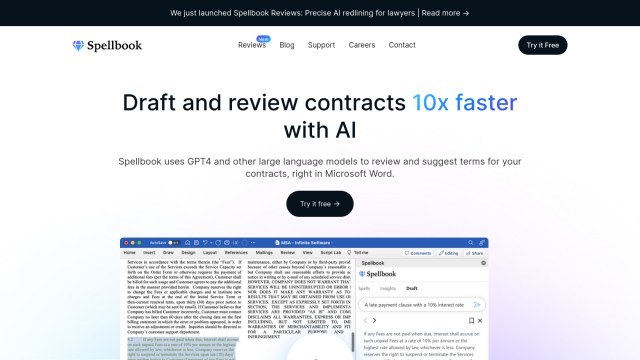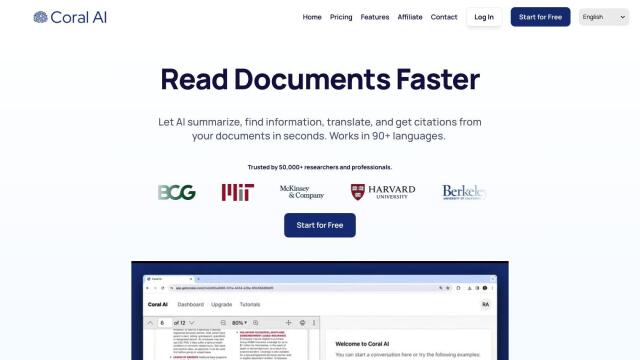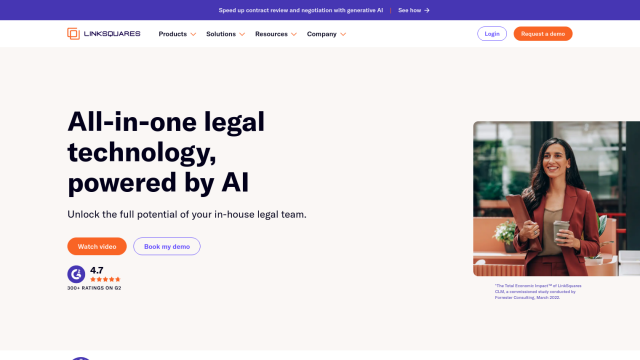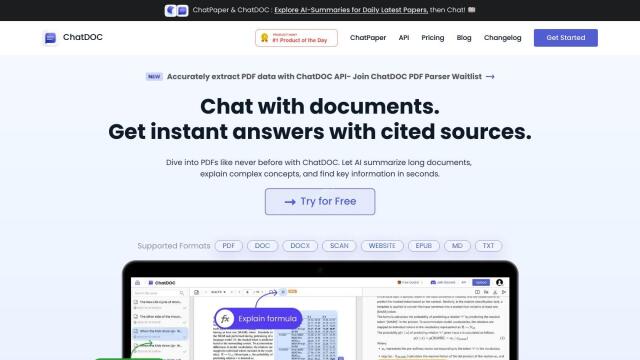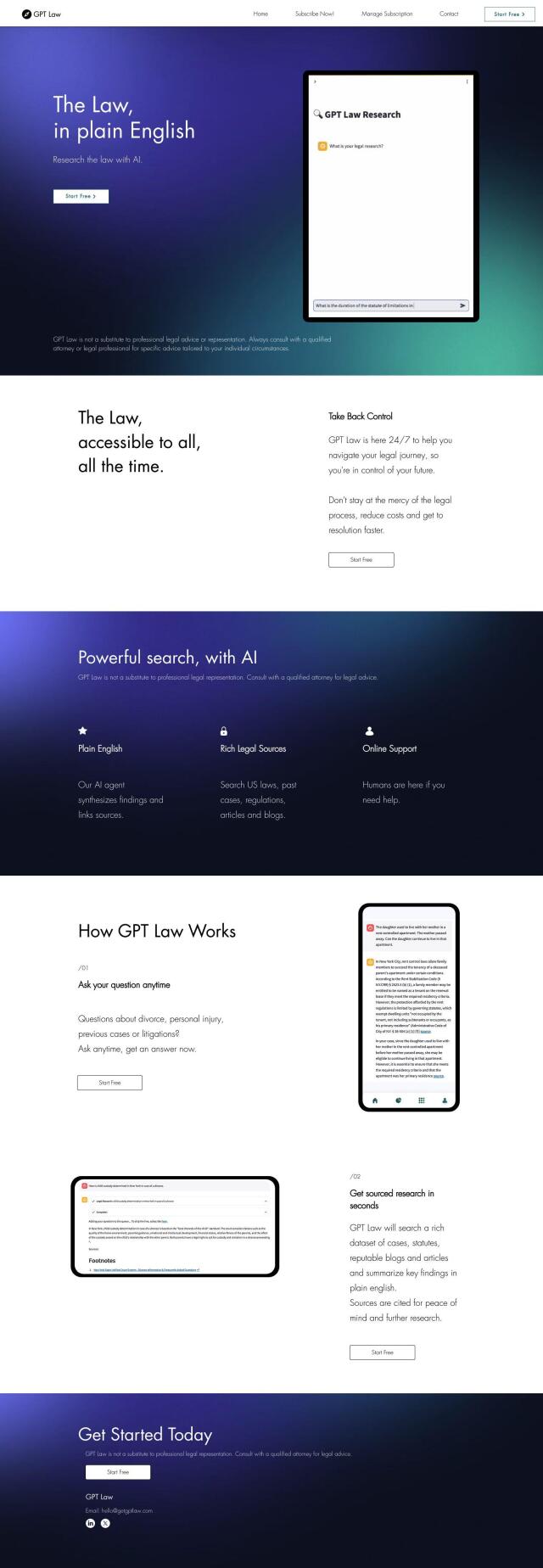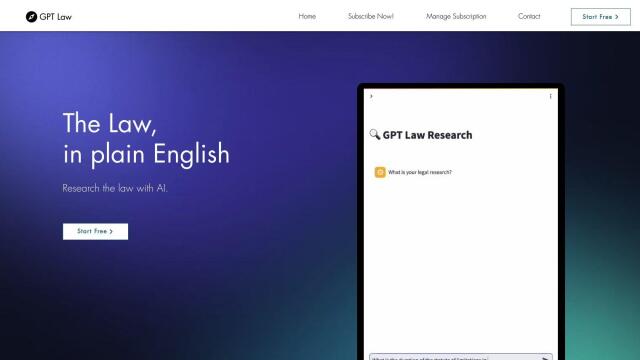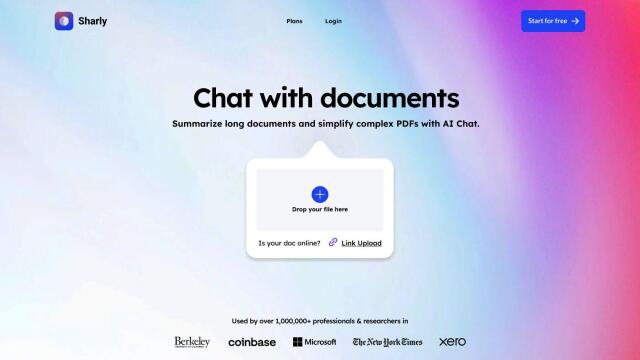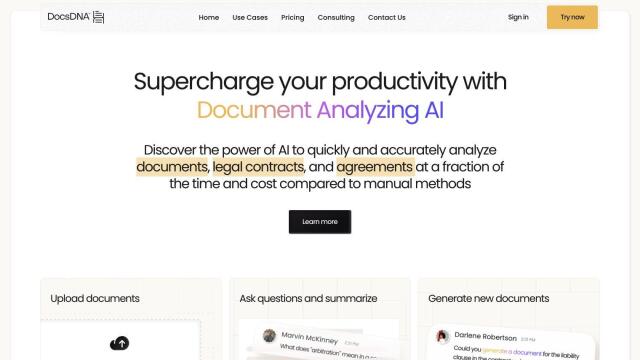Question: Can you recommend a solution that uses generative AI to analyze and summarize legal documents?

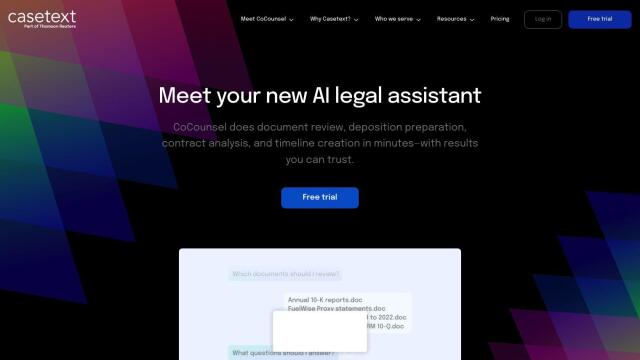
CoCounsel
If you're looking for a generative AI-based service that can analyze and summarize legal documents, CoCounsel is a top option. It uses OpenAI's GPT-4 technology to read, comprehend and draft legal documents at a postgraduate level. The AI tool is geared for transactional and litigation work and can spot key documents, extract relevant information and create chronologies from case files. It's designed to help lawyers work more efficiently and handle more work in-house.
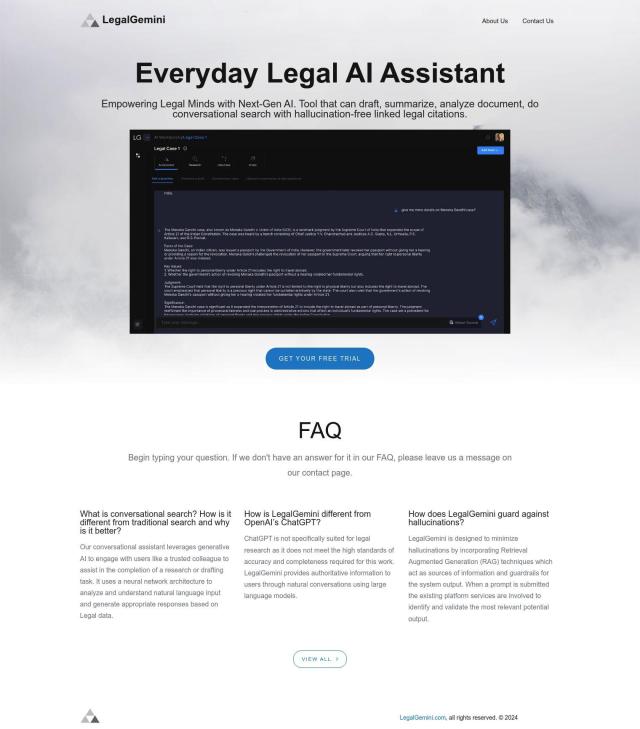
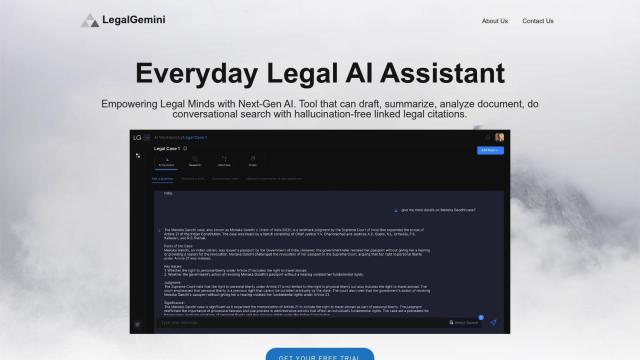
LegalGemini
Another option worth mentioning is LegalGemini, which automates tasks like document creation, summarization and analysis. It employs neural network technology and Retrieval Augmented Generation (RAG) methods to generate results that are both accurate and comprehensive. That makes it a good fit for legal research and drafting work, letting lawyers work more efficiently with faith in the data.

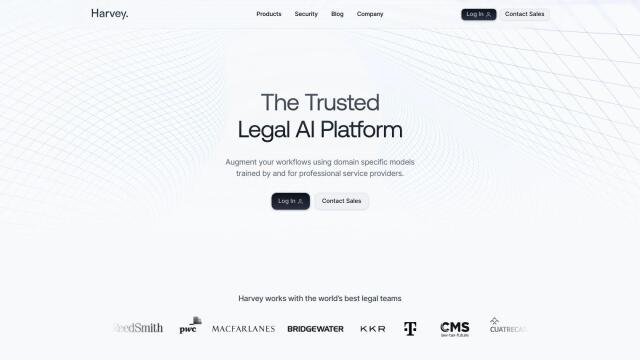
Harvey
Harvey is designed to help large law firms handle complex legal work across multiple practice areas and geographies. The service uses domain-specific models trained by professional services firms to draft, analyze, compare and query legal documents. It also includes workflow augmentation and governance tools to monitor productivity and ensure data security.

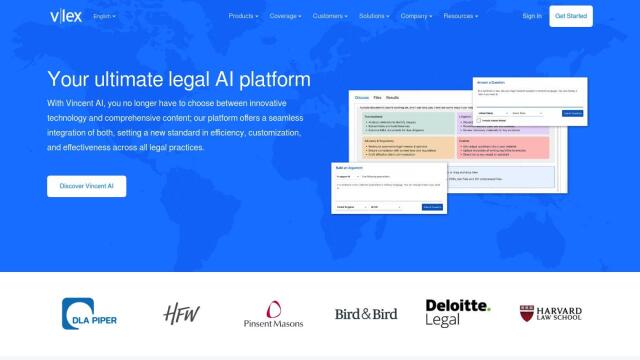
vLex
If you need a powerful legal research tool, vLex offers a broad range of tools. It claims the world's largest legal and regulatory database with more than 1 billion documents from 100 countries. The AI technology offers automatic document summarization, key fact extraction and comparative legal analysis, making it a good option for improving productivity and serving clients.

